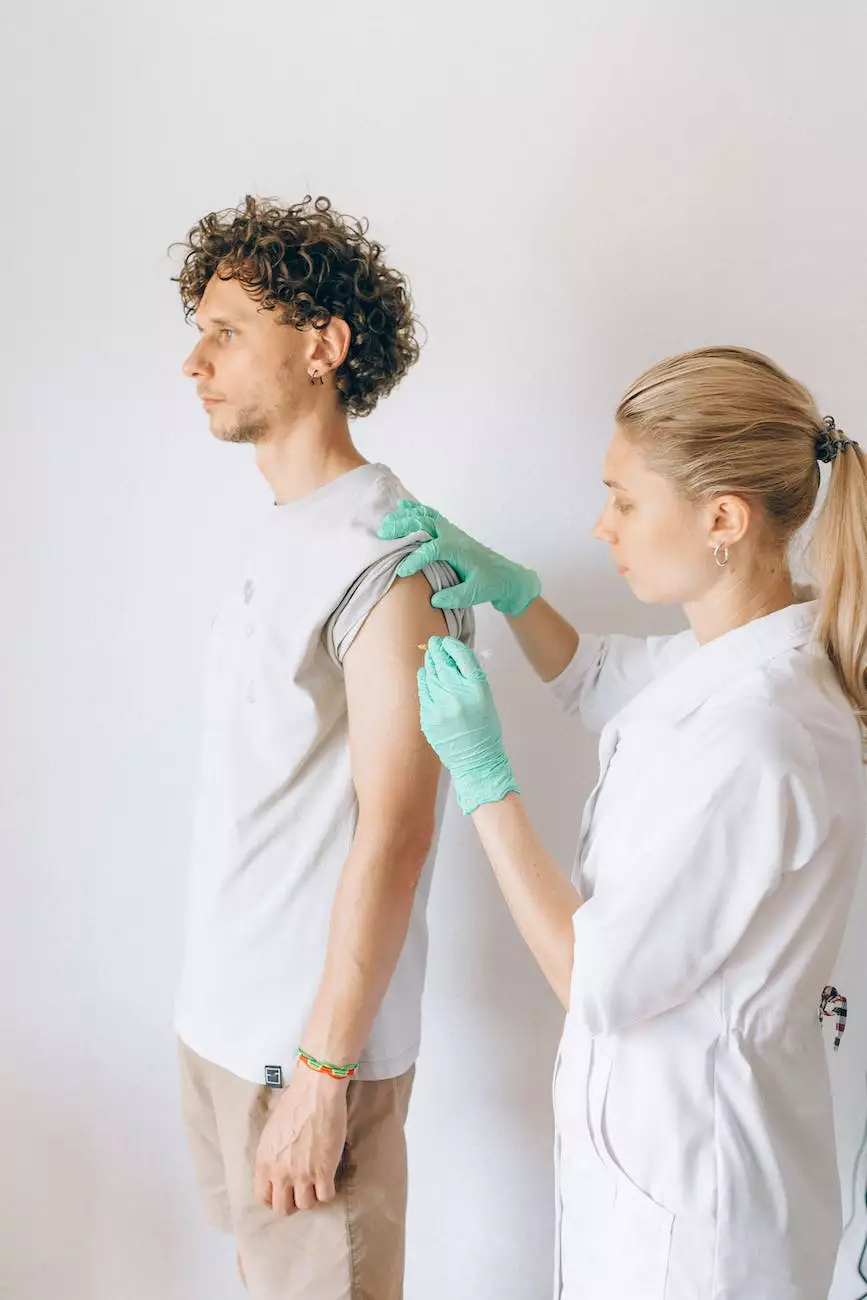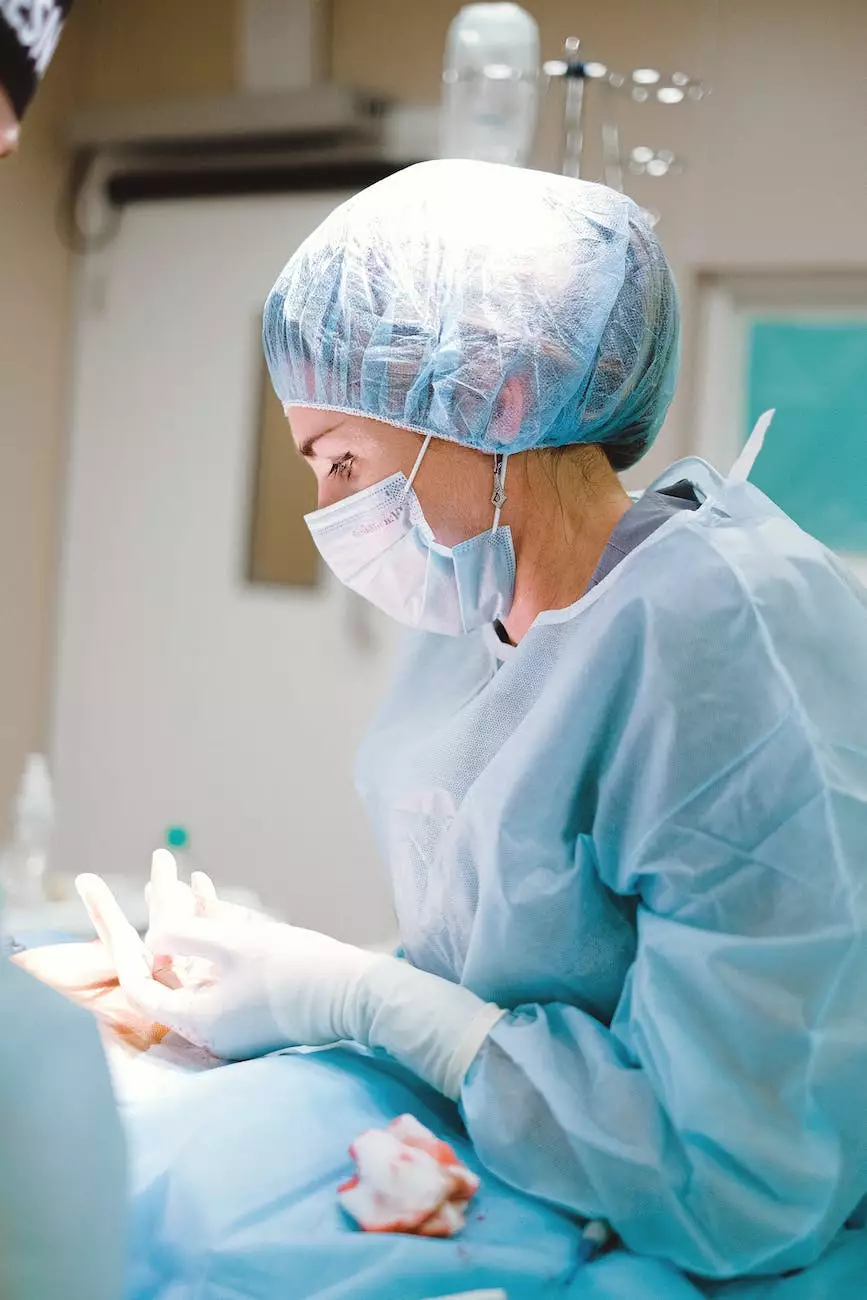Why get a colon cancer screening if you don't have a family history
Health Equity
Welcome to Norton Community Medical Associates, your trusted healthcare provider in the Highlands area. As experts in the field of health, we understand the importance of early detection and prevention when it comes to serious diseases, including colon cancer. In this article, we will discuss why it is crucial to get a colon cancer screening even if you do not have a family history of the disease.
Understanding Colon Cancer
Colon cancer is a type of cancer that affects the colon or rectum, which are part of the large intestine. It typically begins as small, benign clumps of cells known as polyps. Over time, these polyps can become cancerous and may invade nearby tissues, leading to the development of colon cancer.
While having a family history of colon cancer can increase your risk, it is important to note that a significant number of colon cancer cases occur in individuals with no family history. This is why regular colon cancer screenings are recommended for everyone, regardless of their family history.
The Importance of Early Detection
Colon cancer is one of the most treatable forms of cancer when detected early. By undergoing regular screenings, any abnormal changes in the colon or rectum can be identified at an early stage, before they develop into cancer or spread to other parts of the body.
During a colon cancer screening, a healthcare professional will typically perform a combination of tests, including a colonoscopy, fecal occult blood test (FOBT), and/or a stool DNA test. These screenings can help detect polyps or signs of cancer in their earliest stages, significantly improving treatment outcomes.
Risk Factors
While not having a family history of colon cancer does reduce your risk, there are other factors that can increase your chances of developing the disease. Some common risk factors include:
- Age: The risk of colon cancer increases with age, especially for individuals above the age of 50.
- Personal History of Polyps or Colon Cancer: If you have previously had polyps or colon cancer, your risk of developing it again is higher.
- Inflammatory Bowel Disease: Conditions such as ulcerative colitis and Crohn's disease can increase the risk of colon cancer.
- Lifestyle Factors: Factors such as a sedentary lifestyle, obesity, smoking, and a diet high in red or processed meats may contribute to an increased risk.
- Genetic Syndromes: Certain genetic syndromes, such as Lynch syndrome and familial adenomatous polyposis (FAP), can predispose individuals to colon cancer.
Colon Cancer Prevention
Prevention is always better than cure. While you may not be able to completely eliminate the risk of developing colon cancer, there are steps you can take to reduce your chances:
- Regular Screenings: Follow your healthcare provider's recommendations for regular colon cancer screenings.
- Healthy Lifestyle: Adopting a healthy lifestyle that includes regular exercise, a balanced diet, limited alcohol consumption, and avoiding tobacco products can help lower your risk.
- Dietary Changes: Increasing your intake of fruits, vegetables, whole grains, and fiber can contribute to a healthy colon.
- Weight Management: Maintaining a healthy weight can reduce the risk of developing several types of cancer, including colon cancer.
- Stay Informed: Educate yourself about the signs and symptoms of colon cancer, and consult your healthcare provider if you notice anything unusual.
Conclusion
At Norton Community Medical Associates, we prioritize your health and wellbeing. Even if you do not have a family history of colon cancer, it is essential to undergo regular screenings as part of your preventive healthcare routine. By detecting colon cancer early, we can greatly increase the chances of successful treatment and overall survival.
For more information or to schedule a colon cancer screening, please contact Norton Community Medical Associates today. Your health is our top priority, and we are here to provide you with the best care possible.



